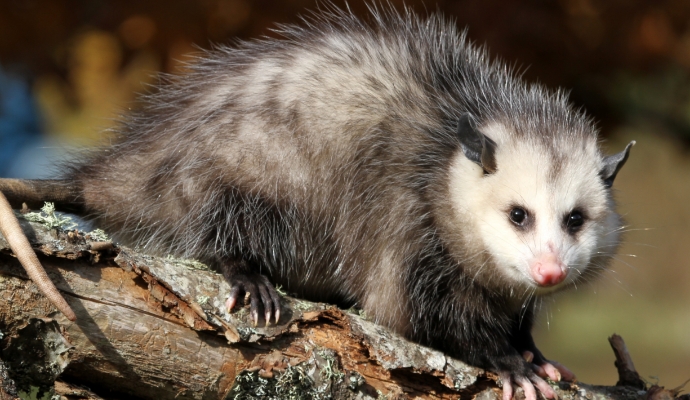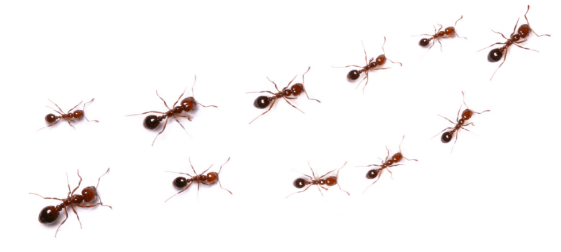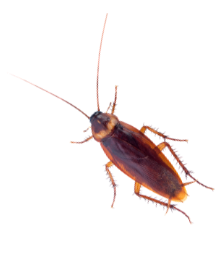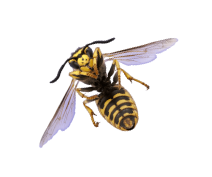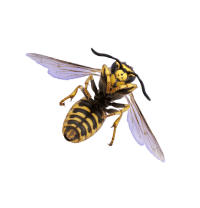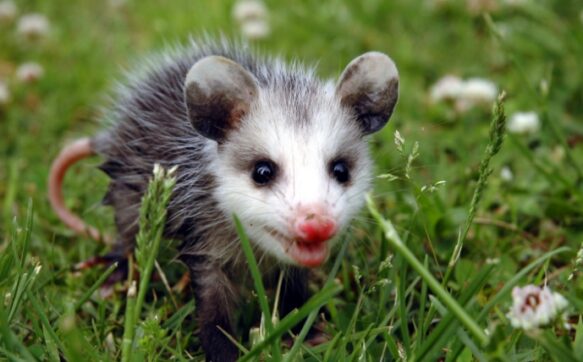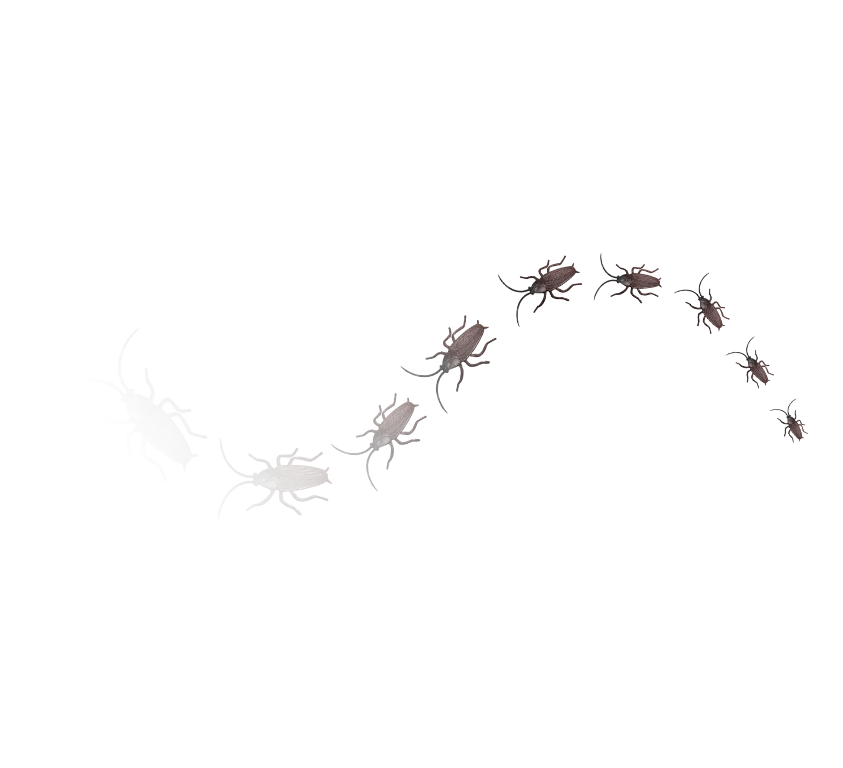
Although they play a beneficial role in the ecosystem by controlling insect and rodent populations, their presence can become problematic when they decide to make their home in residential areas.
Possums can rummage through garbage, pet food, and gardens and may take up residence in attics, garages, or under houses. Humane management practices are essential for dealing with possums, focusing on safely relocating these animals while taking steps to prevent future visits.
Possums are nocturnal animals, mostly active at night when they search for food. They are opportunistic feeders, with diets that include fruits, vegetables, insects, small rodents, and even carrion. Possums are also known for their ability to “play dead” when threatened. They prefer to avoid confrontation, and this defense mechanism can last from a few minutes to several hours, deterring predators.
While possums are generally not aggressive towards humans, they can become defensive if cornered or threatened, potentially leading to bites or scratches. They can carry various parasites and diseases, such as fleas, ticks, and in some cases, leptospirosis. However, it’s worth noting that possums are less likely to carry rabies compared to other wild animals.
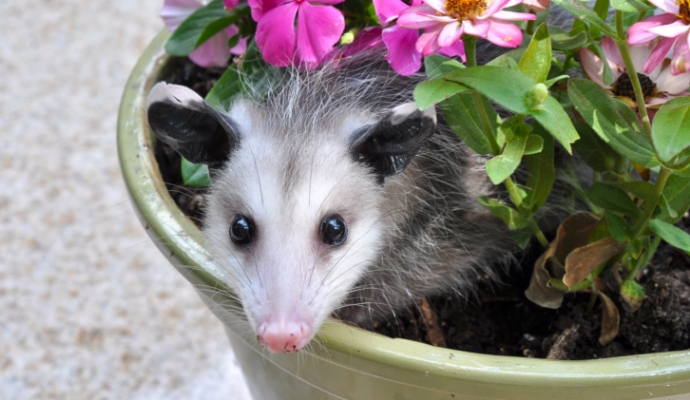
Detecting a possum intrusion early can help mitigate potential issues before they escalate. Signs include:
Damage to Gardens: Possums feed on fruits, vegetables, and flowers, leaving behind evidence of their feasting.
Pet Food Theft: Outdoor pet food dishes that are frequently emptied or disturbed overnight may indicate possum activity.
Noise and Odors: Noises such as scratching or thumping in the attic or under the house at night, and the presence of a strong, musky odor can suggest a possum has taken up residence.
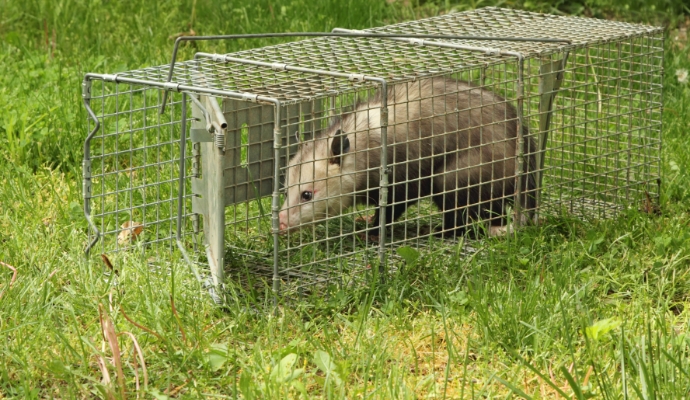
Managing possums involves humane methods that focus on exclusion and deterrence without harming the animal:
Secure Food Sources: Keep pet food indoors and secure garbage cans with tight-fitting lids to eliminate food attractants.
Garden Protection: Use fencing or netting to protect gardens and fruit trees. Consider motion-activated sprinklers to deter possums.
Close Off Entry Points: Repair holes in vent screens, block gaps under doors, and seal any openings in the attic or under the house to prevent possums from entering.
Possum Boxes: If possums are a persistent problem, consider installing a possum box in a tree far from the house as an alternative shelter.
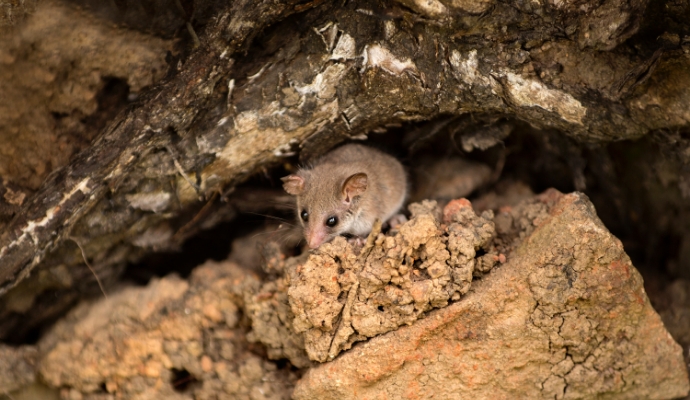
If possums continue to be a nuisance or if safe, humane removal is necessary, professional wildlife control services can provide assistance. These experts can safely trap and relocate possums following local wildlife regulations and offer targeted advice for preventing future intrusions.
It’s important to be aware of local wildlife laws and regulations regarding the trapping and relocation of possums, as they are protected in some areas. Always prioritize humane methods and seek professional guidance when needed.
Possums, while not typically dangerous, can pose challenges when they come too close to human habitats. Understanding their behavior and implementing humane management practices can help maintain a peaceful coexistence with these nocturnal marsupials, ensuring the safety and health of both humans and possums.
